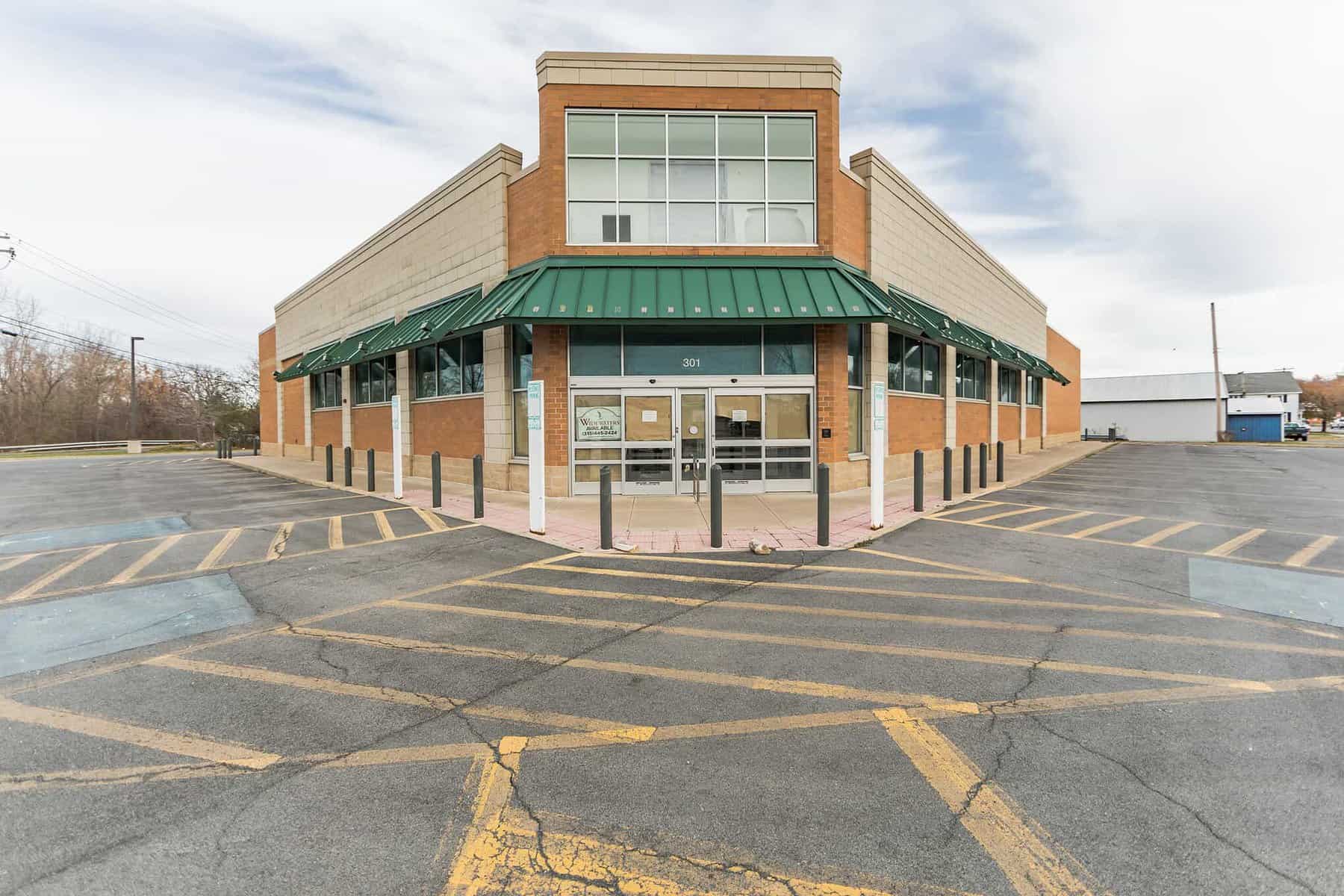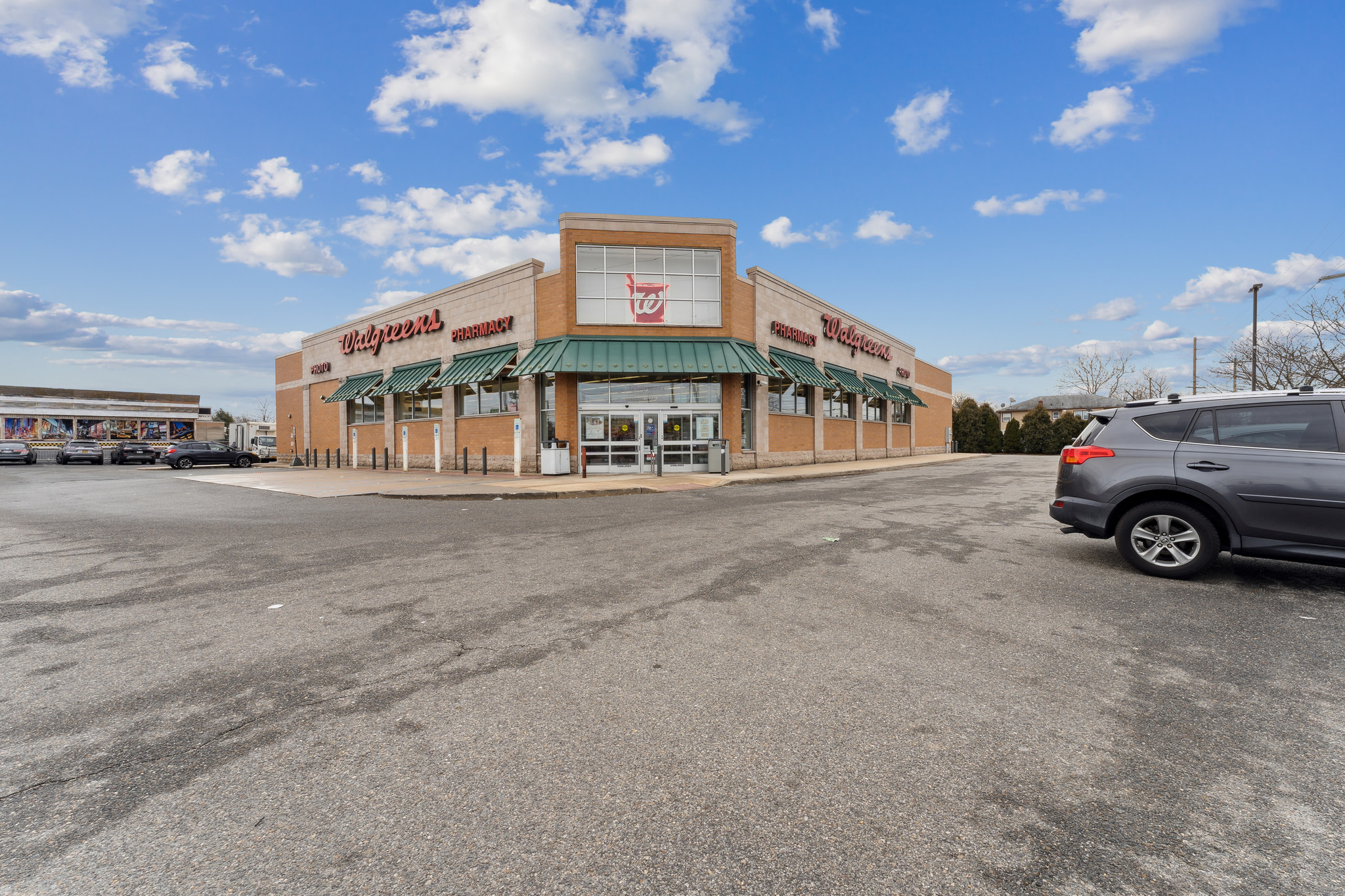4 Basic Things That You Should Not Do In A Rental Property
Lease The Property To 3rd Parties
Regardless of whether tenants are about to leave before the lease runs out or to earn some profit from the third party, subletting the property without the agreement of all parties usually means breaching the lease contract. This makes tenants liable for any property damages.
If any unforeseen circumstances force you to leave before the due date of the contract, you should tell the landlord in advance. He/she may be able to rent the home to another party or let you leave after paying off the rent.
The lease is likely to specify that only the person(s) named on the lease may occupy the premises.
However, it depends on the local laws and terms in the contract that if a spouse, significant other, or an immediate family member of a tenant is allowed to occupy leased premises even
Make Changes To Locks Or Doors
From the tenants’ side, there are several reasons, including security and privacy, that urge tenants to change the lock or doors. However, tenants, unfortunately, do not have the right to alter any locks without either permission from the property owners or some reasonable cause. There are also exceptions when changes can be legally made.
Below are why changing locks is not permitted:
-
Trigger difficulties for landlords to fulfill their, usually obligated, duties related to a rental agreement. Also, landlords are responsible for inspecting the property at least once a year as long as they do not show up too often and breach the renters’ privacy.
-
It may result in significant damage due to the lack of on-time maintenance. One such example is that in case of emergencies when the tenants are not at the property and the landlord cannot access the house to let the repairman in, the situation may turn into the worst.
-
Could be considered as making changes to the property, which tenants are not allowed to do without consent.
Thus, you had better confirm the permission before making any changes to the locks or the doors.
Some justifiable reasoning for changing locks or doors:
-
A tenant can assure the owner that there would be neither damages nor internal changes without an owner being well-informed and the lock is changed by a trustworthy locksmith. Any damage caused to the door or the door frame is a cost the tenant would be claimed for by the landlord.
-
A tenant genuinely complains about the existing locks not working properly or the previous tenant still has the key, etc., but the landlord has been unresponsive and unsupportive.
-
The common disturbance from the landlord under the reason of inspecting without the tenant’s acknowledgment.
Be well-prepared with the evidence if any of the above is your situation.
Damage Or Drill Into Tile
The first and foremost thing to do when renting a property is to record the current state of the property so that you will have a base to compare when it comes to any accusations or compensation for the damages that are not because of you.
What is more, meticulously read the tenancy agreement to make sure who will be responsible for particular damages. If a tenant causes any defects in the rental properties, he can be fined or even evicted, so try to be careful as a renter.
Provided that the only purpose of drilling onto the wall is to satisfy your interest in decorating or serve to your convenience, you had better look for more friendly alternatives. Otherwise, you will have to bear responsibility for repairing any holes and that would cause a disadvantageous minus in your security deposit.

Change Permanent Fixtures
Excluding emergencies, tenants must obtain the landlord’s permission before making repairs.
Even though laws vary among states, renters are typically not allowed to make any unauthorized changes to the fixtures unless a circumstance occurs endangering the safety of the property or the occupants and you cannot contact the landlord.
Have A Clear Tenancy Agreement
As a tenant, it is crucial to pour over the clause in the lease contract and ask the landlord to clarify any terms that seem ambiguous to you.
Furthermore, discuss in advance any of your questions or aspirations that may lead to changes made in the future. Make the contract a win-win one so that both sides will have satisfying experiences with each other!







Leave a Comment